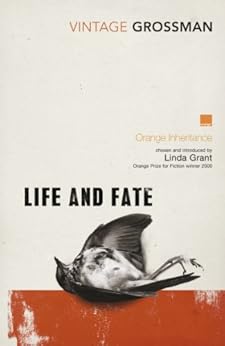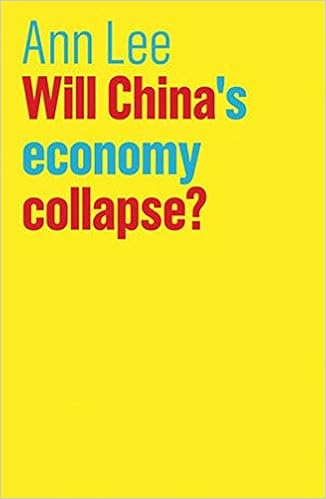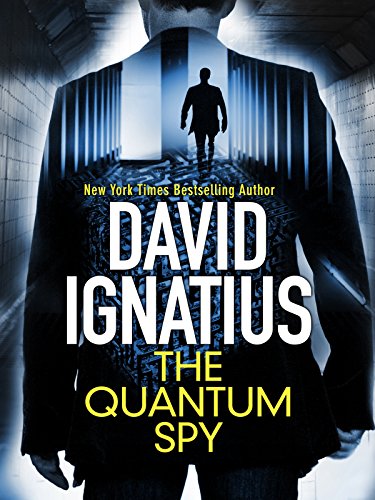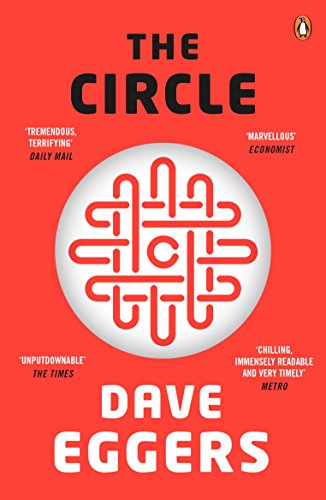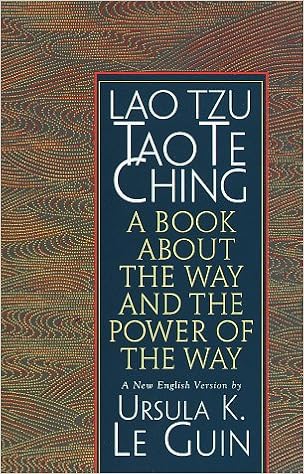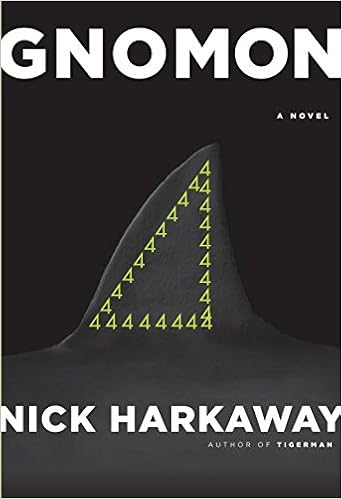 |
He doesn't look quite so energised. Outrage fatigue? |
Apparently students are embracing Marxism all over again.
But are they embracing the right Marx?
Analytic-Marx, researching at the dawn of large-scale capitalism, tried - and largely succeeded - in understanding scientifically the inner dynamics of capitalism. Like all structured social activities, capitalism can be likened to a game with protocols, with rules.
Marx was the guy who
figured them out.
Outrage-Marx was an SJW of his time, looking with horror at the Industrial Revolution and the truly awful conditions of the working class. The sooner capitalism went the way of feudalism the better!
Analytic-Marx was careful to avoid that roadmap. He knew he didn't have one. He also knew that, given the undeveloped level of the forces of production, those outrages were sadly unavoidable. A lesson that liberals would fail to understand regarding Soviet Russia in the nineteen thirties.
---
It is not necessary to
understand capitalism to play it. The task for practitioners is to
manage it. After Marx and the classical economists figured out the rules, this became the new task for bourgeois economists. Marx was deemed irrelevant because his theories weren't very well-suited to micro- or macroeconomic policies. They were also full of awkward concepts such as
surplus value and
exploitation.
But even soviet economists, tasked with managing a planned economy, felt
the need for western econometric techniques and tools.
---
Like our close primate cousins, humans evolved to favour family (kin) and friends (reciprocal altruism). As groups got a little larger and fortune was distributed unevenly, this resulted in the '
big man' patron-client relationships
we saw in antiquity and in modern traditional societies.
It's not very scalable.
People are incapable of personal, manageable relations with too many people. You can't remember their faces and names, let alone where you both stand in the favour bank. For societies to scale, people need to augment their
personal relationships with an overarching allegiance to a greater,
idealised community. People you don't actually know (although you have expectations of prosocial behaviour).
Some of this we used to call
patriotism: often couched in the language of kin (fatherland, motherland) and buttressed by potent symbols and behavioural norms.
Imagined communities take you so far. The mechanisms require hierarchical organisation where 'managers' at each level form kin (deprecated but common) or reciprocal-altruism networks which get stuff done. It's convenient to pretend (particularly in North America) that in organisations of any scale, people are simply atomised, 'empowered' individuals who interwork through formal process. But that isn't true at all.
The ability to successfully amplify family-and-friend-level social solidarity to arbitrarily large social formations is the foundation for asabiyyah. Great things can then be accomplished, but that cohesion has to be
real. The retreat of the elite into their own cultural bubble, for example, from where they express disdain and contempt for the masses, is very corrosive.
Anyway, we appear to digress.
---
In the Soviet Union, and the other planned economies, productivity was very low. '
They pretend to pay us, and we pretend to work'. People might be patriotic, but there was no discernible connection between how hard or intelligently anyone worked and overall economic outcomes. The incentive was simply to over-fulfill the plan, yet the plan was too coarse-grained and never accurate. The economy bounced along the bottom.
Under certain conditions (chiefly effective competition) capitalism is very different. Inside a company, people get sucked into a loyalty network (the company is 'us') and via its hierarchy assemble themselves into human-sized reciprocal-altruism groups. Tasks are assigned and there are rewards for success and penalties (up to and including termination) for failure.
Capitalist economies work with the grain of human nature because they engage and reward people at the granularity of their natural family-and-friends groups. They can do that because they are decentralised, and because what people
do makes - ultimately - an existential difference.
It's perhaps sad that the prospect of being fired (or at the least, being yelled at) tends to motivate people, but there's also praise and material reward for those who get things right.
---
I read a fair amount of Marxist literature. Some is featured on the sidebar of this blog. I value the economic analysis - often insightful. I also notice a ritualistic quality to the denunciations of capitalism, the tired dogma as to how a planned economy would do so much better.
We tried it.
It didn't.
The workers had ample opportunities to 'restore workers' democracy' as those bureaucracies decayed into impotence. They saw no way forward which worked for themselves, their families and their friends.
When Analytic-Marx talked about
exploitation, he was simply noting that the social-surplus product produced by workers ends up under the control of the capitalists. He also noted that capitalists are highly-motivated not to spend too much of it 'unproductively' on themselves. They really want to reinvest their surplus to make even more capital - on pain of being outcompeted. (The bad apples get on the news, of course .. or the magazines).
I rather approve of this decentralised model of investment. It's a million times more dynamic than any kind of central bureaucracy, or (heaven help us) committees of workers' soviets making allocation decisions.
[Regarding
crises, note that all search algorithms under imperfect information need to backtrack].
---
In the future we will be richer. In the future everyone, like middle-class pensioners today, will have an adequate basic income. In the future we will have an even more productive infrastructure due to enhanced automation.
In the future it will be better, but for a large part of the world it's not bad now. And for the other parts, don't blame capitalism - some intractable problems need levels of technology we don't yet have.
---
And in the remoter future, capitalism won't work at all, because no-one will choose to play the game that way. Because, as Marx predicted, we will
all be so much better off.
